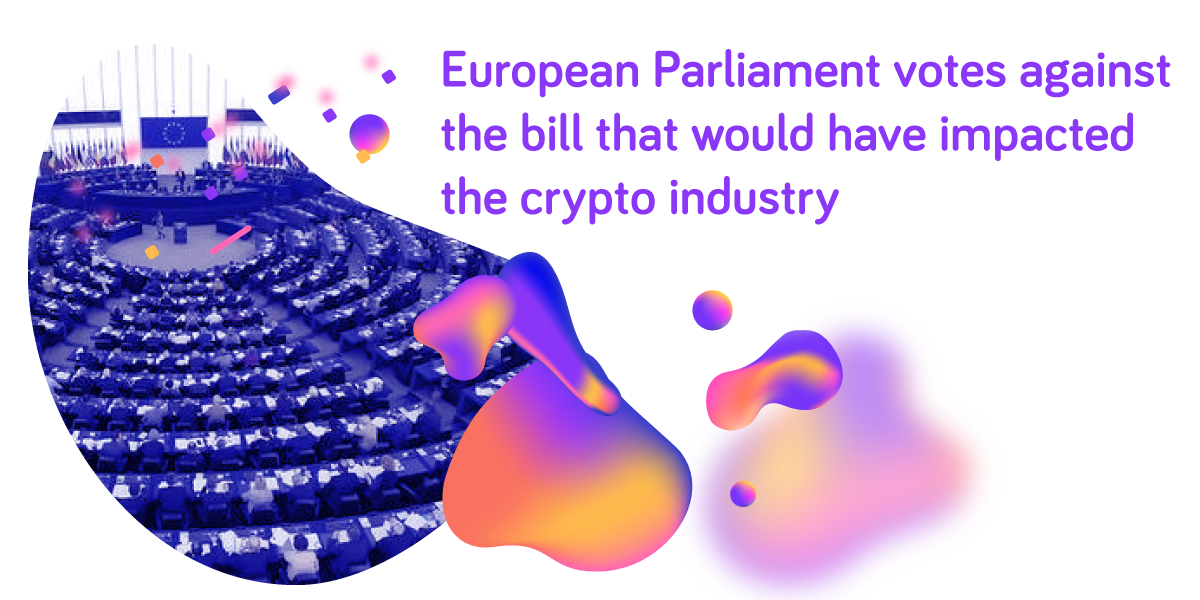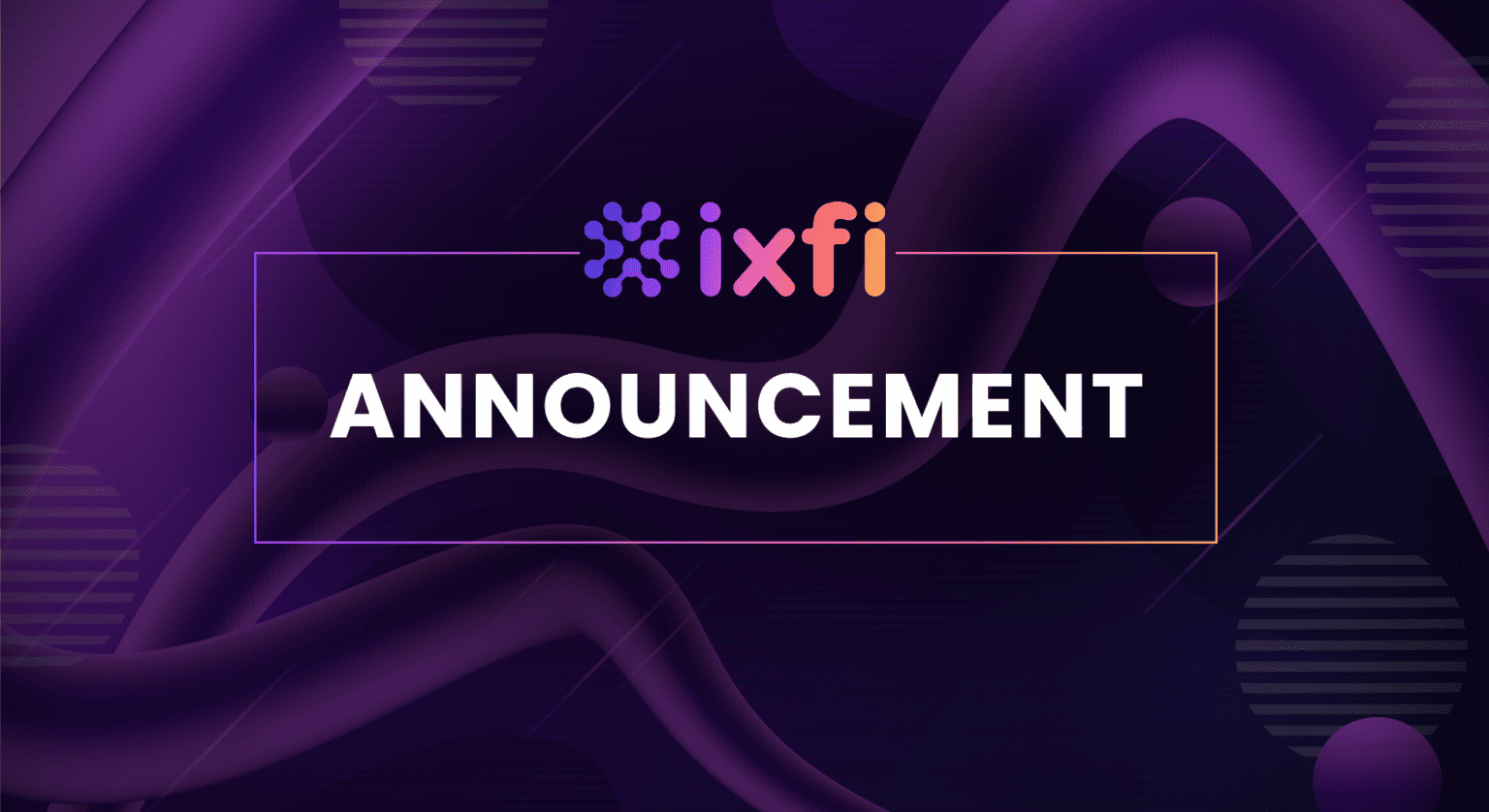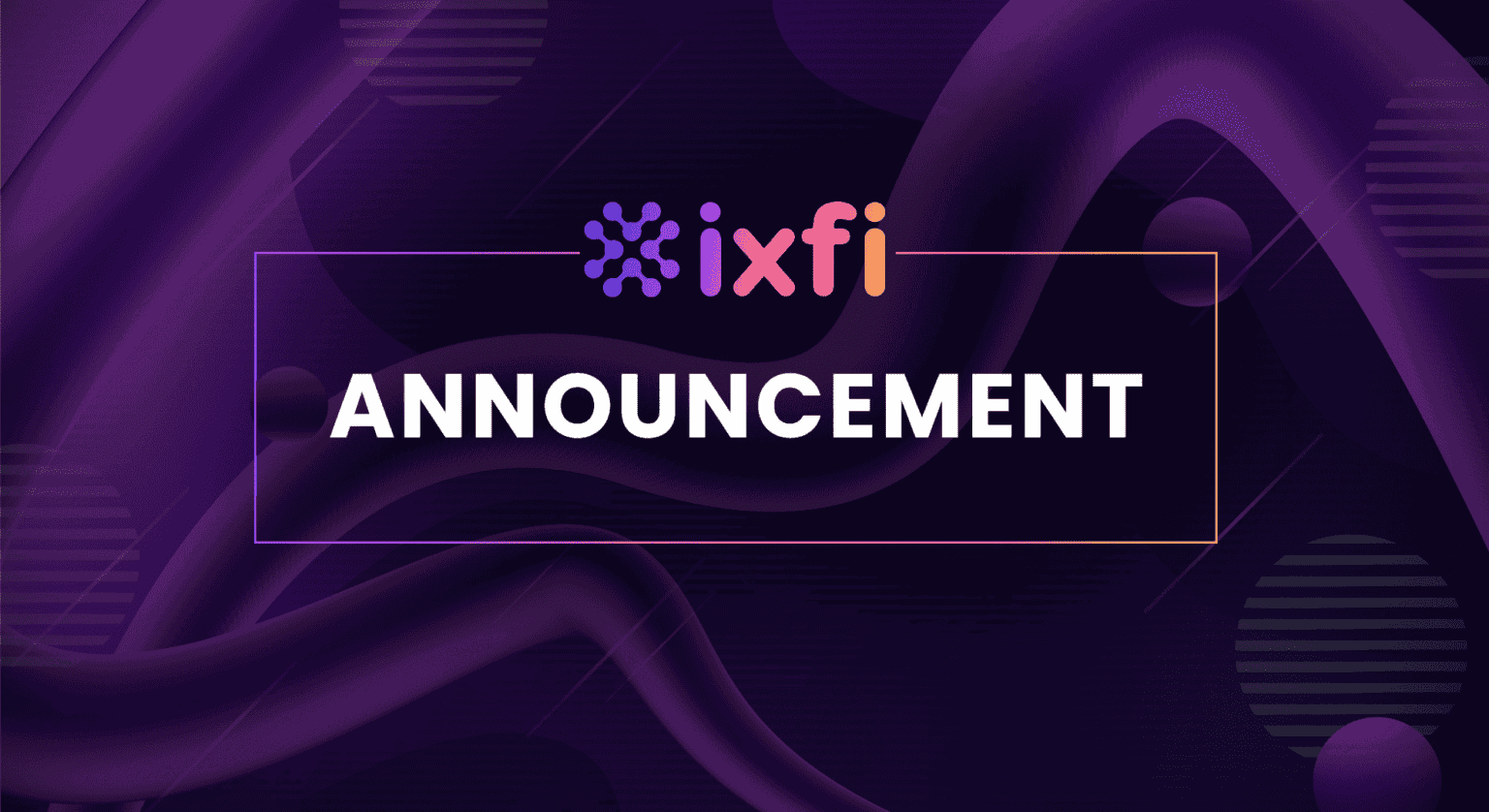Key points:
· EP outvoted a bill on Monday proposing a ban on PoW-cryptos from EU
· PoW includes the most popular blockchain networks, Bitcoin and Ethereum
· Bill had the provision to ban mining and transactions of cryptos
· 31 members voted against, 4 in favor, and 23 abstained
The latest press release (as available on the European Parliament’s website) comments upon the negotiating position adopted by the Economic & Monetary Affairs Committee on the proposed rules for cryptos.
This comes as a step towards advancing the MiCA or Markets in Crypto Assets bill.
As first introduced in the year 2020, this legislation was aimed at providing a regulatory framework for digital assets for EU state members by 2025. While the original draft stated it would ban Bitcoin and other PoW-based virtual assets due to energy expenditure concerns, the provision was later removed after an outcry from the crypto industry.
The newer versions of the draft that was debated upon in the Parliament had provisions on making transactions & mining cryptos using the Proof-of-Work algorithm such as Bitcoin, illegal.
Ethereum has plans to move away from the PoW state to an environmentally friendly consensus mechanism, Proof-of-State or PoS. However, it’s highly unclear how the largest blockchain network, Bitcoin, will transit its use to renewable energy.
The crypto user base has a swift reaction to this; some have called the EU citizens to oppose the Parliament’s measure.
Other key provisions agreed by the MEPs for issuing and trading the assets included transparency, authorization, and surveillance of transactions. In addition, consumers would have a better understanding of the risks, costs, and fees. The legal framework will support the financial stability and integrity of the market by controlling the public offers on crypto assets.
Finally, the agreed-upon text contained provisions to combat market manipulation as well as money laundering, illicit behaviors, and terrorist financing.
Background
Mechanisms used in crypto transactions substantially affect the environment, particularly the PoW or Proof-of-Work mechanisms, as they require high energy.
PoW is an energy-intensive consensus protocol used by multiple blockchain platforms for preventing double-spending trouble in crypto transactions. Such platforms include Bitcoin and Ethereum networks.
Miners compete to solve a computational problem, resulting in the generation of a greater carbon footprint and e-waste.
Most estimates suggest the energy consumption in Bitcoin mining is much more than the annual consumption of some countries. Further to say, nations like Iran and Kosovo have already banned crypto mining so as to avoid the spiraling energy crisis.
Next steps
A moderate decision of MiCA (that doesn’t suggest a blanket ban on the assets) may enter as a negotiation within EU institutions in the future.
Don’t miss important updates and keep up with the latest crypto news on our Medium blog. Join IXFI today to experience the most reliable, secure and advanced all-in-one alternative to banking. Your Friendly Crypto Exchange is here to make your financial goals a reality.
Disclaimer: The content of this article is not investment advice and does not constitute an offer or solicitation to offer or recommendation of any investment product. It is for general purposes only and does not take into account your individual needs, investment objectives and specific financial and fiscal circumstances.
Although the material contained in this article was prepared based on information from public and private sources that IXFI believes to be reliable, no representation, warranty or undertaking, stated or implied, is given as to the accuracy of the information contained herein, and IXFI expressly disclaims any liability for the accuracy and completeness of the information contained in this article.
Investment involves risk; any ideas or strategies discussed herein should therefore not be undertaken by any individual without prior consultation with a financial professional for the purpose of assessing whether the ideas or strategies that are discussed are suitable to you based on your own personal financial and fiscal objectives, needs and risk tolerance. IXFI expressly disclaims any liability or loss incurred by any person who acts on the information, ideas or strategies discussed herein.



